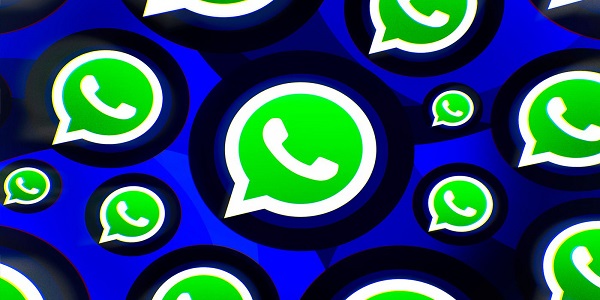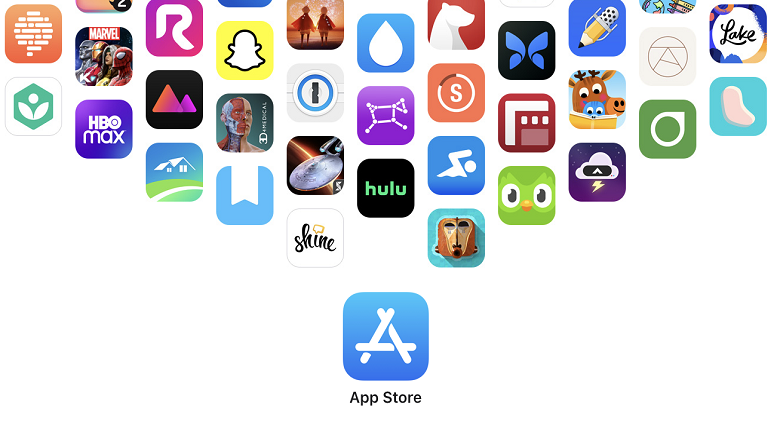The US Supreme Court permits Meta’s WhatsApp to proceed with the “Pegasus” spyware lawsuit.
On Monday, the U.S. Supreme Court granted permission for WhatsApp, a messaging service owned by Meta Platforms Inc. WhatsApp to proceed with the “Pegasus” spyware lawsuit.
(META.O), to proceed with a lawsuit trying to accuse Israel’s NSO Group of using a bug in WhatsApp to download spy software that allowed them to monitor 1,400 people, including reporters, human rights activists, and dissidents.
The justices rejected NSO’s appealing of a higher court’s ruling allowing the litigation to proceed. NSO had maintained that because it implanted the “Pegasus” malware while serving as an agency for undisclosed foreign governments, it is immune from legal action.
The government of President Joe Biden had pleaded with the court to reject NSO’s appeal, pointing out that the State Department of the United States had never before recognized a private organization operating as an agent of a foreign nation as being eligible to immunity.

In a statement, Meta, the parent company of Facebook and WhatsApp, applauded the court’s decision to reject NSO’s “baseless” appeal.
Cyberattacks on journalists, government officials, and human rights activists made possible by NSO malware, according to Meta. We truly feel that their actions infringe on American law, and they held accountable.
In a 2019 lawsuit, WhatsApp accused NSO of accessing its servers without authorization six months earlier in order to install the Pegasus malware on users’ mobile devices. WhatsApp requested an injunction and monetary damages in the lawsuit.
NSO maintain that Pegasus’ technology is mean to assist catch terrorists, pedophiles, and hard criminals and that it aids law enforcement and intelligence organizations in their efforts to combat crime and safeguard national security.
NSO claim in court documents that a foreign government’s inquiry into an Islamic State fighter who was using the app to organize an attack was thwart by WhatsApp’s notice to users.
In one infamous instance, it is claim that the Saudi government employ NSO malware to target Jamal Khashoggi’s close circle just before he was kill at the Saudi consulate in Istanbul.

NSO filed an appeal in 2020 against the trial judge’s denial of “conduct-based immunity,” a common law provision that defends foreign officials working in their official position.
The 9th U.S. Circuit Court of Appeals in San Francisco upheld that decision in 2021, describing it as a “easy case” because NSO’s licensing of Pegasus and provision of technical support did not exempt it from liability under a federal law known as the Foreign Sovereign Immunities Act, which superseded common law.
Private organizations like NSO, according to WhatsApp’s legal team, are “categorically ineligible” for foreign sovereign immunity.
In a document filed in November, the Biden administration claimed that the 9th Circuit had reach the correct decision, despite the fact that it was not yet prepar to concur with the circuit court’s finding that the FSIA completely precludes any common law immunity.
In accordance with court documents, Pegasus monitoring software was use to covertly employ the smartphones of 1,400 WhatsApp users as surveillance tools in order to access their accounts.
The spyware was used in attempt and successful cyberattacks of smartphones belonging to journalists, government officials, and human rights activists on a global level, according to a 2021 investigation conducted by 17 news organisations

In November 2021, the United States government banned NSO and Israel’s Candiru, claiming that they had given spyware to governments who then employed it to “maliciously target” reporters, activists, and others.
Apple Inc. (AAPL.O), the company that makes the iPhones, is also suing NSO for allegedly breaking its user terms and services contract.


